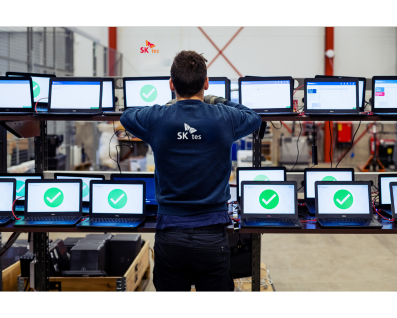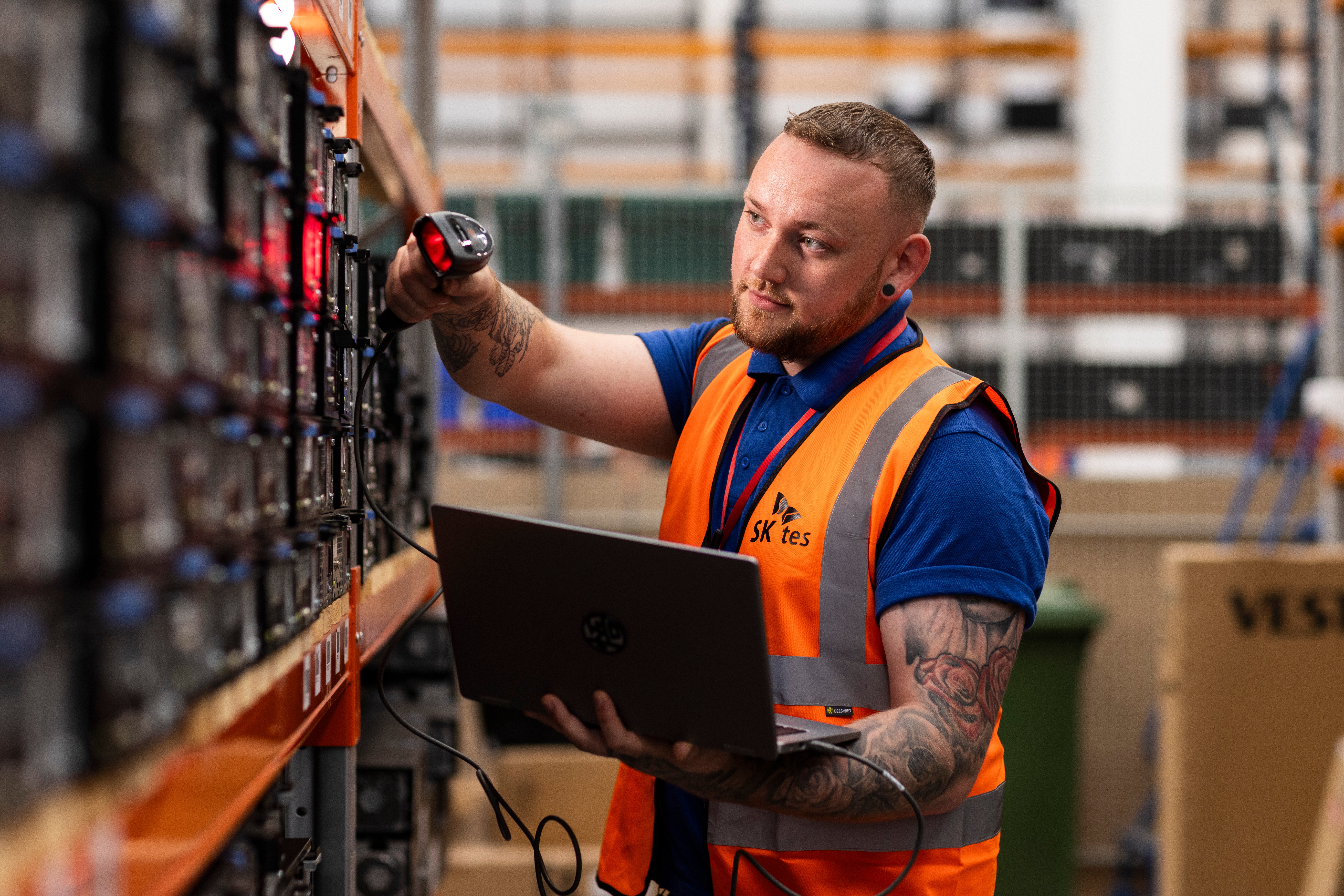SINGAPORE, August 29, 2023 - New regulations restricting international shipments of electronic waste (e-waste) take effect in January 2025. As a leader in IT asset disposition and technology lifecycle solutions, SK tes helps businesses navigate these complex new rules.
The e-waste regulations stem from the Basel Convention, which governs hazardous waste movement across 191 signatory countries. The treaty aims to minimize waste, manage it locally, and prevent dumping in less-developed nations.
In June 2022, the Convention adopted new provisions requiring prior informed consent and an export/import permit process for cross-border e-waste shipments. Since the U.S. has not signed the treaty, American companies must negotiate individual agreements before exporting e-waste to participating countries.
The Organisation for Economic Co-operation and Development (OECD) typically adopts Basel updates, but an objection has left the new e-waste rules in limbo. This uncertainty forces countries to establish their own export/import regulations. The manual permit process further complicates compliance.
Businesses must partner with IT reverse logistics experts to navigate these strict regulations and evolving interpretations of cross-border IT equipment and e-waste shipments.
For more details on these regulations, read our whitepaper "Steering Safely Through E-Waste Legislation".
"At SK tes, we monitor global regulatory changes to provide compliance guidance to our clients," said Alvin Piadasa, SK tes Group Sustainability Director. "Businesses must proactively manage IT asset disposition to avoid reputational risks and ensure regulatory compliance."
"IT asset traceability remains a challenge under evolving regulations," added Piadasa. "The best solution is to use local recycling facilities with high certification standards like R2. SK tes operates the largest global network of owned-and-operated ITAD facilities, including over 30 R2-certified locations. This surpasses any competitor and ensures Basel Convention compliance."
SK tes goes beyond regulatory requirements, focusing on its "3 P's":
- Protecting privacy, brands, and data through asset transformation services
- Preserving resources through responsible consumption and production
- Providing safe and diverse workplaces
About SK tes
Founded in 2005, SK tes is a global leader in sustainable technology services, managing IT assets from deployment to decommissioning and recycling.
We innovate solutions to unlock asset value, including proprietary lithium battery recycling technology that recovers scarce materials at high purity for reuse in manufacturing.
Our mission: Securely and sustainably transform one billion kilograms of IT assets by 2030. With 40 owned facilities in 21 countries, we provide unmatched service consistency, lower logistics costs, in-region compliance expertise, and support in local time zones and languages.
Contact us to learn more about e-waste recycling solutions.





